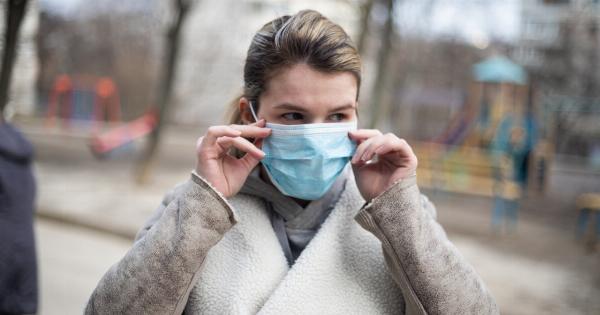Influenza, commonly known as the flu, is a contagious respiratory ailment that can cause mild to severe illness. While anyone can fall victim to the flu, it can be especially dangerous for individuals over the age of 65.
Seniors with weaker immune systems are more susceptible to complications from the flu, such as pneumonia, bronchitis, and even death. Let’s dive into why influenza poses a danger to seniors and what can be done to protect them.
Why Seniors Are More Susceptible to Flu
Seniors have a higher risk of getting sick from influenza because aging tends to weaken the immune system. As we age, our respiratory system weakens, making it harder to fight off viruses and infections.
Furthermore, seniors are more likely to have chronic health conditions, such as heart disease, diabetes, and cancer, that can weaken the immune system further.
Chronic conditions also tend to increase the severity of flu symptoms, making recovery time much longer.
Complications of Flu for Seniors
Seniors who contract the flu have a higher chance of developing complications that can lead to hospitalization or death. The following complications are most common in seniors:.
1. Pneumonia
Seniors with the flu are at a higher risk of developing bacterial pneumonia. Pneumonia is an infection of the lungs, which can cause difficulty breathing, chest pain, and fever.
2. Bronchitis
Bronchitis is an inflammation of the airways that can develop as a result of the flu. The symptoms can include a persistent cough with mucus, chest discomfort, and shortness of breath.
3. Worsening of Chronic Health Conditions
The flu can exacerbate chronic conditions such as heart disease, diabetes, and asthma. Seniors who have these conditions are at higher risk of developing complications from the flu.
4. Death
Sadly, the flu can lead to death for seniors, especially those with weakened immune systems or chronic conditions.
According to a report from the Centers for Disease Control and Prevention (CDC), the flu causes between 12,000 and 61,000 deaths per year in the United States, and the majority of those deaths are people aged 65 and older.
Prevention of Flu for Seniors
Prevention is key when it comes to protecting seniors from the flu. The following measures can be taken to decrease the likelihood of contracting the flu:.
1. Flu Shot
The flu shot is a safe and effective way to protect against the flu. Seniors should receive the flu shot every year, as the strain of the virus changes annually.
The flu shot is recommended for everyone over six months of age but is especially crucial for seniors.
2. Good Hygiene Practices
Seniors should adopt good hygiene practices such as frequent hand washing, avoiding touching the face, covering the nose and mouth when coughing or sneezing, and avoiding close contact with individuals who are sick.
Seniors should also disinfect surfaces that may harbor the flu virus.
3. Healthy Lifestyle Habits
Seniors should adopt healthy lifestyle habits such as eating a nutritious diet, staying active, getting sufficient sleep, and managing stress.
These habits not only keep the immune system strong but also decrease the likelihood of chronic health conditions that can make contracting the flu more dangerous.
Conclusion
Flu can be dangerous, especially for seniors, due to their weakened immune systems and prevalence of chronic health conditions.
However, preventative measures such as the flu shot, good hygiene practices, and healthy lifestyle habits can make a considerable difference in protecting against the flu. Seniors, and anyone living with or taking care of seniors, should take flu prevention seriously to keep them healthy and safe.



























